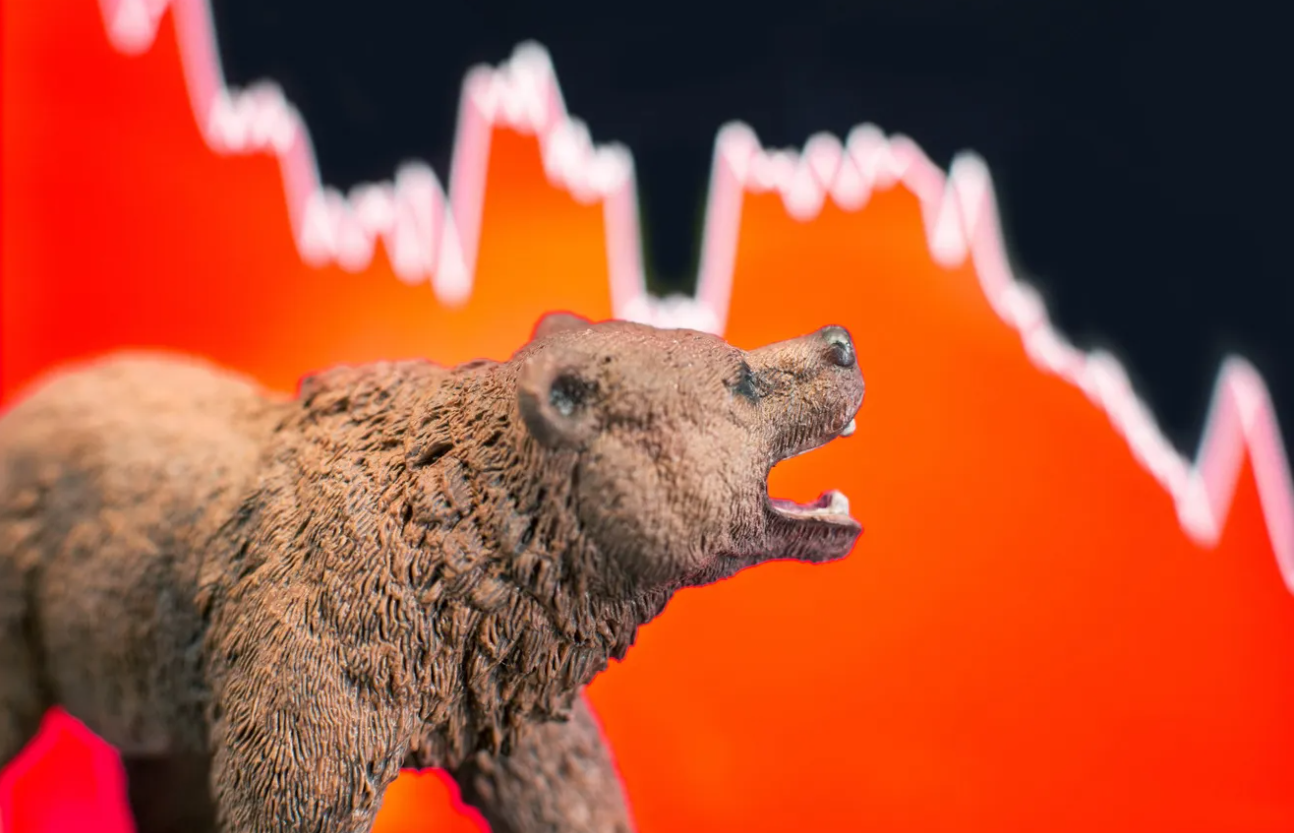Tue Jun 14, 2022
Tuesday / June 14
SP500 enters bear territory
US equities tumbled on Monday. The S&P 500 confirmed it is in a bear market, as fears grow that the expected aggressive interest rate hikes by the Federal Reserve would push the US economy into a recession.
The S&P 500 (SPX) lost 149.91 points, or 3.85%, to end at 3,750.95 points, while the Nasdaq Composite (IXIC) lost 526.82 points, or 4.65%, to 10,813.20. The Dow Jones Industrial Average (DJI) fell 857.70 points, or 2.73%, to 30,535.09.
The benchmark S&P index has fallen for four straight days. The index is now down more than 20% from its most recent record closing high to confirm a bear market began on January 3.
UK's Northern Ireland plans
UK published plans on Monday to override some post-Brexit trade rules for Northern Ireland by scrapping checks and the role played by the European Union courts.
Prime Minister Boris Johnson suggested London was taking "relatively trivial" steps to improve trade and reduce bureaucracy.
European Commission Vice President Maros Sefcovic said Brussels' reaction would be proportionate, but ruled out renegotiating the trade protocol.
"I'm very willing to negotiate with the EU, but they do have to be willing to change the terms of this agreement which are causing these very severe problems in Northern Ireland," British Foreign Secretary Liz Truss said.
"It's effectively a breach of international law should this legislation become law. I haven't met anybody outside of the British government that thinks that it isn't a breach of international law when you deliberately disapply an international treaty," Irish Foreign Minister Simon Coveney told national broadcaster RTE.
"The U.S. priority remains protecting the gains of the Belfast Good Friday agreement, and preserving peace, stability and prosperity for the people of Northern Ireland," White House press secretary Karine Jean-Pierre said.
US-China meetings
US National security adviser Jake Sullivan met with Chinese Communist Party's top diplomat, Yang Jiechi, on Monday to discuss a range of security challenges facing the countries’ bilateral relationship, including Russia’s war in Ukraine and North Korea’s string of ballistic missile tests.
A US official said the meeting lasted nearly five hours and follows a May phone call between Sullivan and Yang.
Sullivan raised concerns regarding China’s recent veto of a U.S. resolution at the United Nations Security Council that would have imposed new sanctions on North Korea following a slew of recent ballistic missile tests.
Fed rates
Goldman Sachs and JP Morgan economists late on Monday said they expect a 75-basis-point increases in June and July.
Expectations for a 75-basis point hike at the June meeting jumped to 96% late on Monday from 30% earlier in the day, according to CME's Fedwatch Tool.
Wall Street Journal wrote that troubling inflation reports in recent days is likely to lead Federal Reserve officials to consider surprising markets with a larger-than-expected 0.75-percentage-point interest rate increase at their meeting this week.
North Korea nuclear threat
US and South Korea say that North Korea could at any time test its first nuclear weapon since 2017, after months of escalating tensions including missile tests and Pyongyang's rebuffing of overtures from President Joe Biden's administration.
Meeting his South Korean counterpart, Secretary of State Antony Blinken said that the United States was working with allies in Tokyo and Seoul "to be able to respond quickly should the North Koreans proceed with such a test."
The United States and South Korea warned Monday of a swift response if North Korea conducts a nuclear test, including US military "adjustments," but again offered talks as a way out.
